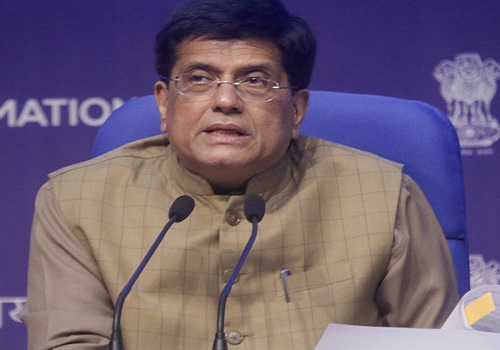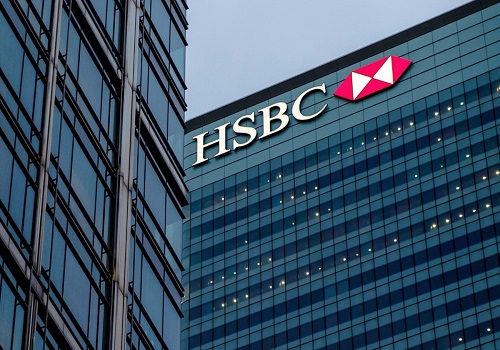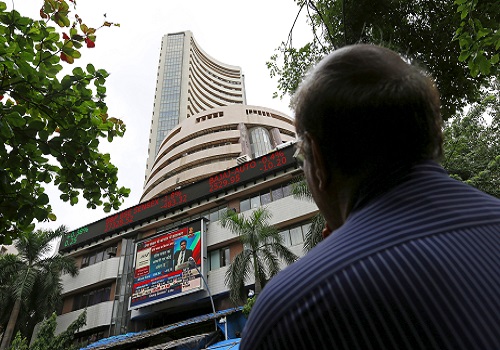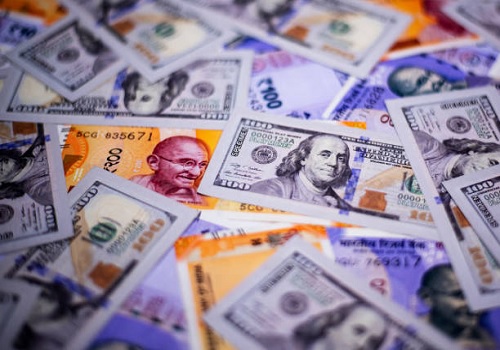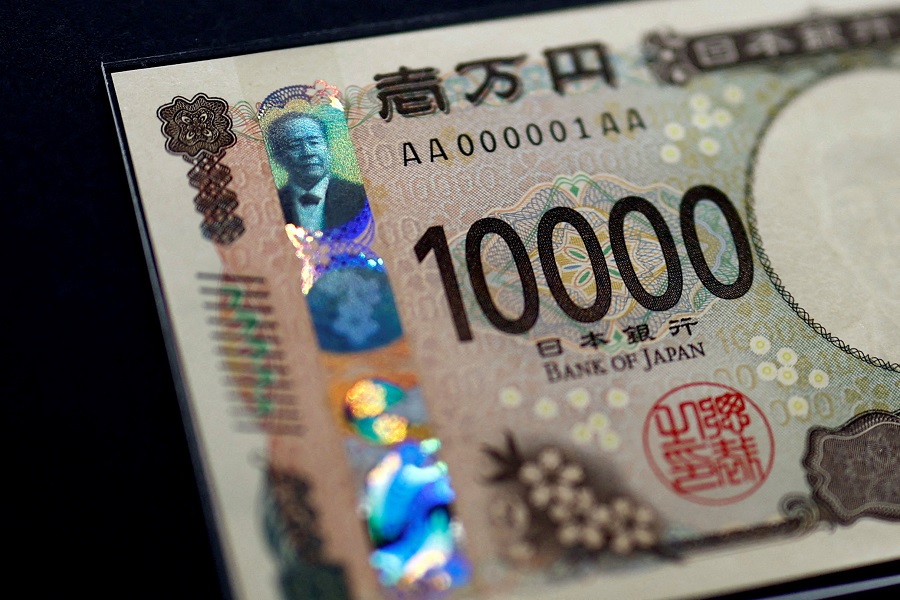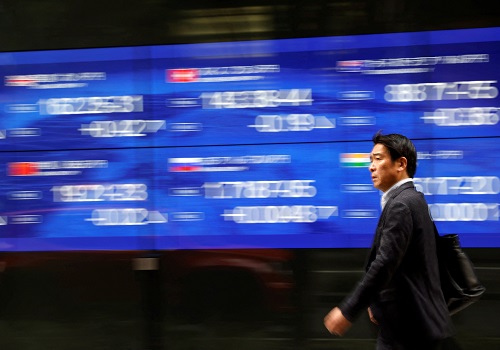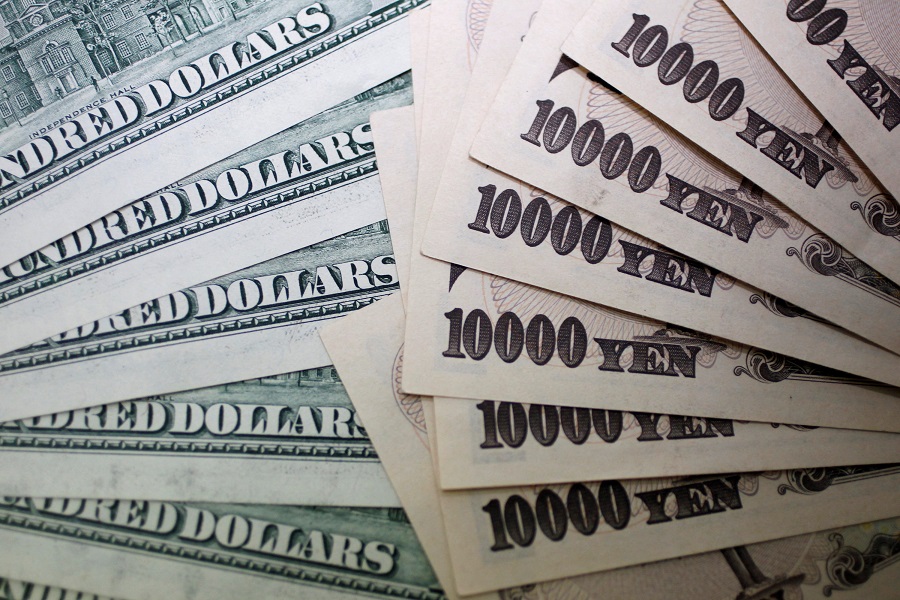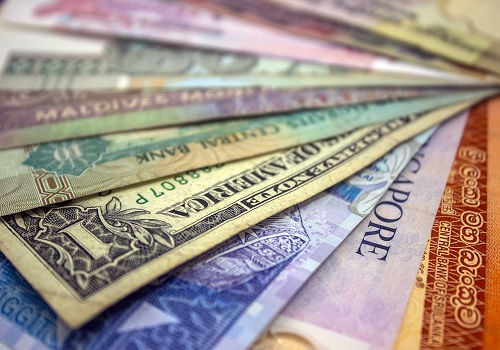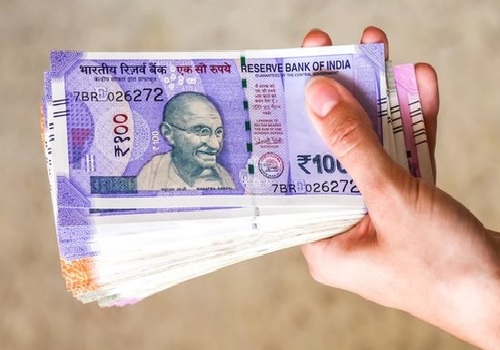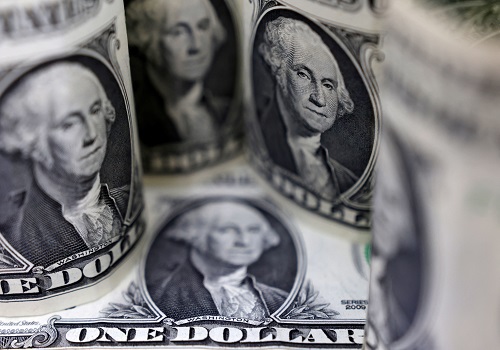Dollar soars near 38-year yen peak as Trump risk lifts US yields
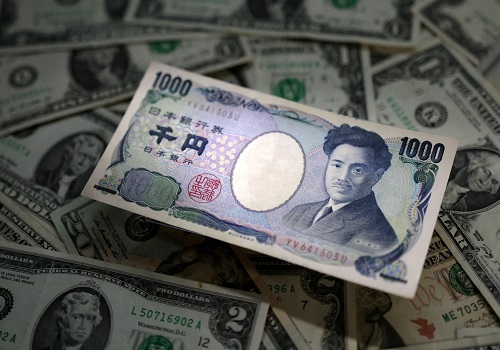
Follow us Now on Telegram ! Get daily 10 - 12 important updates on Business, Finance and Investment. Join our Telegram Channel
The U.S. dollar hovered near an almost 38-year high to the yen on Tuesday following a surge in Treasury yields as investors contemplated the potential for a second Donald Trump presidency.
The euro remained firm as rival French political parties joined forces to try and prevent the far-right National Rally (RN) from taking power.
Equities were broadly mixed in Asia, while crude oil edged higher following a strong rally in the previous session.
Later in the day, U.S. Federal Reserve Chair Jerome Powell will speak at an event hosted by the European Central Bank, bringing the path for U.S. monetary policy into focus in a week that will see several closely watched employment reports including Tuesday's JOLTS job openings data, a Fed favourite.
The dollar was slightly stronger at 161.56 yen on Tuesday, keeping close to the overnight high of 161.72 yen, a level not seen since December 1986.
The currency pair is highly sensitive to U.S. yields, and the benchmark 10-year Treasury yield climbed nearly 14 basis points to 4.479% to start the week. Analysts attributed the move to expectations for Trump winning the presidency, resulting in higher tariffs and government borrowing. The 10-year yield stood at 4.4534% in Tokyo hours.
President Joe Biden's faltering debate performance last week was the trigger behind the yield surge, but an additional catalyst came with the Supreme Court's ruling on Monday that Trump has broad immunity from prosecution over attempts to overturn his 2020 election loss, said Chris Weston, head of research at Pepperstone.
"Bond traders have an eye on Trump's increasing odds of taking the White House, and the market senses Trump 2.0 will be inflationary," Weston said.
The yen's malaise has traders on high alert for Japanese intervention after authorities spent some 9.8 trillion yen ($60.65 billion) in the days spanning late April and early May, when the currency plunged to 160.82 per dollar.
Meanwhile, the euro held its ground against the greenback, easing 0.07% to $1.0733, after pushing as high as $1.0776 on Monday for the first time since June 13.
Investors expressed relief that Marine LePen's anti-immigrant, eurosceptic RN party did not take a larger share of the first-round vote at the weekend.
Now the party's opponents are coalescing to tactically remove candidates from the second-round vote on Sunday so only the best-placed candidate - irrespective of party - faces off against the RN's representative. The deadline to drop off the ballot is later on Tuesday.
Asian stocks started Tuesday with a muted performance that lacked overall direction.
Banks helped lift Japan's Nikkei 0.6% amid rising domestic bond yields, and property shares buoyed Hong Kong's Hang Seng, which rose 0.3%.
But mainland blue chips were flat, while the tech-heavy Taiwan benchmark declined 0.8% and South Korea's Kospi sagged 0.6%.
MSCI's broadest index of Asia-Pacific shares outside Japan drooped 0.2%.
Elsewhere, crude oil ticked higher following gains of about 2% on Monday, as the northern hemisphere summer driving season gets underway.
Brent futures added 0.21% to $86.78 per barrel, building on a 1.9% overnight rally. U.S. West Texas Intermediate (WTI) crude rose 0.13% to $83.49, extending a jump of 2.3% from the previous session.
($1 = 161.5900 yen)


.jpg)
